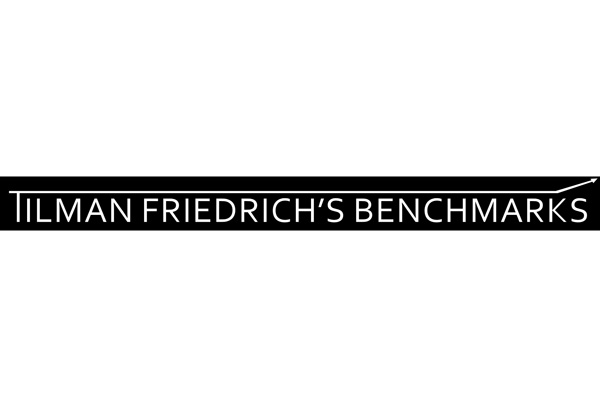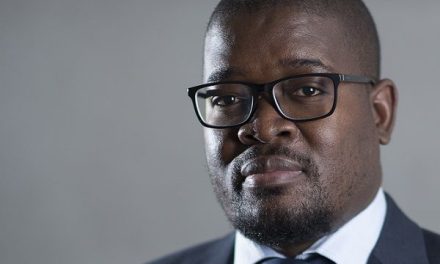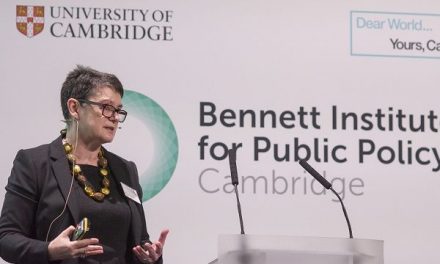
Will this cloud have a silver lining? Part 2


Tilman Friedrich is a qualified chartered accountant and a Namibian Certified Financial Planner ® practitioner, specialising in the pensions field. Tilman is co-founder, shareholder and managing director of RFS, retired chairperson, now trustee, of the Benchmark Retirement Fund.
Where else can we then look for good news?
What about Europe? Europe is still very much in the doldrums and its quantitative easing will continue for a while. As the result of the refugee crisis, Europe is doomed to divert more and more resources internally to manage this crisis. This must be expected to impact negatively on the consumer – so good news is unlikely to come out of Europe for some time. What about China, will it once again become the locomotive of global growth? Well by all counts China is successfully in process of migrating from an export based economy to a consumption based economy where local retail growth of around 11% is outpacing economic growth of currently 6.9%, by a substantial margin. China was the largest importer of many base materials and other commodities and has been driving the commodity boom. This is no longer the case and will also not be the case again. Listening to an interesting presentation on China by an ‘insider’, figures coming from China are simply mind boggling and are destined to become more so. There are now 90 million Chinese tourists travelling the world every year and this figure will grow by leaps and bounds. So if we cannot export our base materials to China anymore, how about exporting our nature to the Chinese tourist? Tourism after all is an important sector of our economy and provides employment for a substantial portion of our work force.
What about the US as largest global economy? Well by a number of indicators it seems that the US economy is busy building up steam. The unemployment rate has declined from its peak of 10% to currently only 5%. The US economy added 271 000 Nonfarm jobs in October, marking the strongest pace of employment growth this year and nearly 100 000 jobs above the consensus forecast for 182 000. The other key variables of US CPI and the trade weighted US Dollar exchange rate have also improved significantly since the beginning of 2014, to the point where some commentators now quantify the likelihood of a Fed rate hike to have reached 80% from a low of only 5% at the beginning of 2011. So there is some good news it seems, or is it? This good news unfortunately does not manifest positively in the Rand US$ exchange rate which has weakened significantly, probably purely as the result of a general expectation that the Fed will hike the repo rate as early as its next session in December.
What does all of this mean for us in Namibia? For one, the Rand will remain under pressure, not only because of improving economic fundamentals in the US but also because of the poor state of our own economies both in South Africa as well as in Namibia. Of course once the US starts hiking the repo rate, SA and Namibia will have to follow, possibly even pre-empt such a hike to prevent the demise of our currency. The weak currency and the fact that the likelihood of oil declining further being a lot lower than it increasing, will clearly not be good news for the local consumer who will have to tighten his belt, over-indebted as he already is. Export orientated businesses should do well though as the result of the weak Rand.
Conclusion
The investor should continue to focus on real returns rather than absolute returns to increase his wealth slowly and steadily. With an inflation rate of around 3% one should be quite content if one manages to achieve an investment return around of 8% per annum. As an active fund member one should not shun equities but should be cautious, spread the risks as far as the law allows and focus on stock picking.
To cite some good advice from an article that recently appeared in Moneyweb: “You can do anything you like in investments if it seems like a good idea to you, with one rule: don’t put all your eggs in one basket. Make sure you’ve got a diversified portfolio. A very good rule of thumb is put a maximum of – I think it actually should be 5% but most people use 10% – put a maximum of 10% of your wealth at risk on any one idea, any one product, any one investment, any one share. Diversification is the only thing that truly protects you from a catastrophe.”
And when reference is made to diversification, part of your investment strategy must be to diversify offshore as well but if you do beware of the currency risk and rather spread your offshore money transfers over a period of time to avoid the risk of buying when the Rand is at its weakest!
Download the complete Benchtest fund investment overview for March 2015 at http://www.rfsol.com.na/benchmark













































